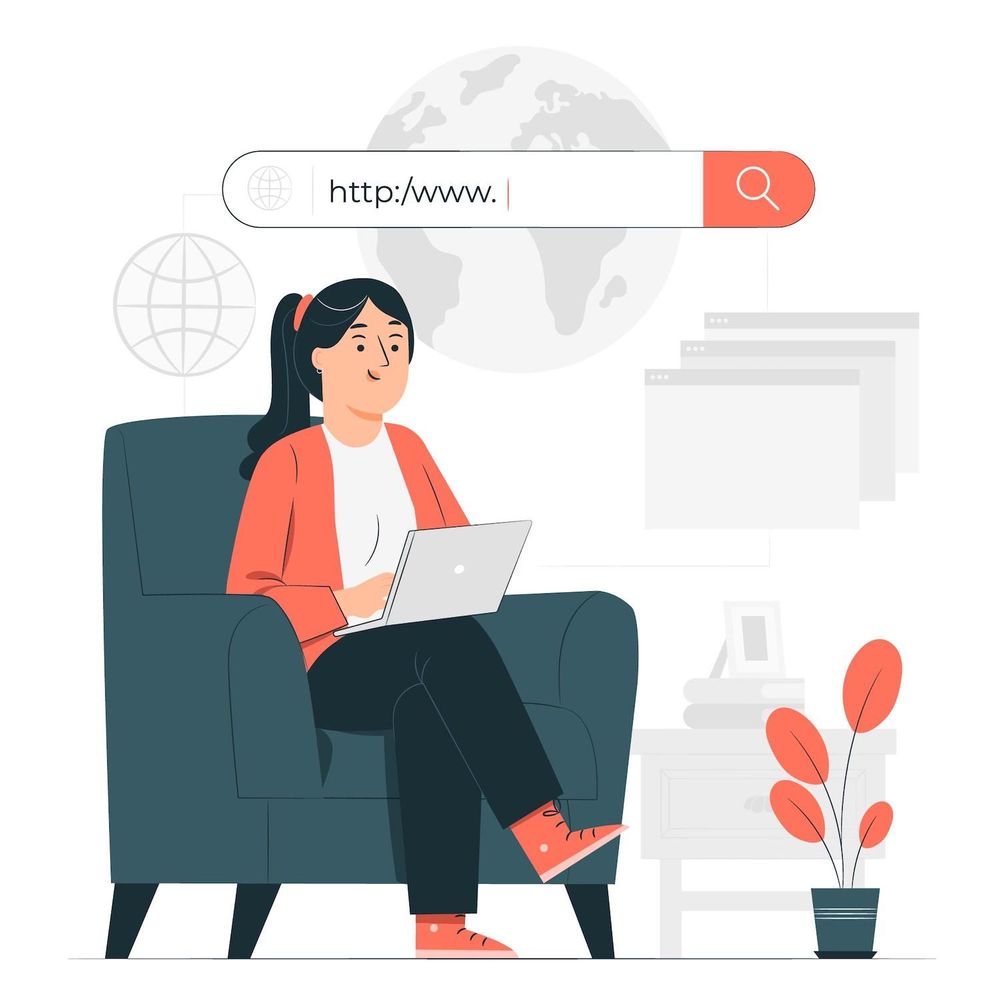What is a micro-community ? what are the reasons to create one?
Two firms are providing similar goods, but one has higher growth, and is attracting many more clients, and is rapidly expanding into a an entirely new market.
What's the main difference between these two? One has a micro-community where customers hang out and share feedback, essentially telling the business owners the attributes and features they'd like to see.
If you're looking to establish long-lasting relationships with your customers, increase leads conversion speed, and deliver value to your audience The niche community may be exactly what you require. There's a chance that they're smaller (as the word "micro" implies) yet they can provide significant advantages to businesses and clients.
Do you want to know the definition of micro-communities? How can you utilize them to make an impact and grow your business? Follow us for a short and comprehensive overview.
What exactly is a micro-community?
micro-communities can be considered exclusive and highly-focused online communities that are run by an organization to help prospective customers or customers. Although micro-communities may be smaller (up to say 100 members), "micro" doesn't necessarily refer to the amount of people in the community. However, "micro" refers to the small or specific area of focus for the community, and not how big the community is.
Micro-communities provide a wonderful illustration.
Micro-communities are available in a vast variety of styles and forms. How you structure and format the micro-community you want to create is dependent on your purpose for the group. This is a bit of inspiration to help your own...
Glossier's customer communities
Glossier is known as"the "people-powered beauty ecosystem," has perfected the art of staying connected with customers. The method is to invite their top customers to join chat rooms on Slack in which they are able to engage and stay in touch.
They are hyper-localized. their members send more than 1,100 times per week. This creates an interaction loop with the Glossier's biggest fans.
The Doodle Institute's clubhouse for its members
Doodle Institute sells online courses teaching people to doodle. The students receive basic instruction throughout the course. As a bonus, students are also granted access card to the Doodle Clubhouse.
The Clubhouse gives students the possibility to chat with fellow students to ask questions, talk about their work, and connect with other doodlers.
MyYogaPal's Community
MyYogaPal helps users to connect with them and to their practices of yoga. The site also provides the yoga community where yoga students can connect with people who share an interest in yoga.
Micro-communities have the greatest benefit.
Micro-communities foster feedback
They are usually informal and intimate , and offer a secure space in which individuals can discuss their thoughts and aspirations. They're an effective method of gathering actual feedback regarding your offerings and services.
A study conducted by Zak found that 60% of people older than 30 like to express their thoughts in secure spaces such as private forums and are more uncomfortable speaking on forums that are open to discussion. But this isn't an age-related problem. If a group is comprised by people "like me," individuals tend to be more relaxed speaking their mind.
If you can create the feel of a community which makes your customers feel valued (and involved) and feel connected and valued, they're more likely discuss their ideas and experience with others.
A tip to follow: Don't let good feedback go to waste. Make a change. your customers will be feeling extra special and appreciative, like this customer of Stripe's payment processor..

From anonymity to genuine connection
It can be difficult to establish a person's identity the person's name when you're receiving feedback from customers across the Internet. Even though Google reviews and comments left on forums are excellent sources of social proof for your company, they could not be the same as you believe they are. There are people on forums who aren't part of the perfect customer profile, and whom you'll learn the most from.
If you decide to create a micro-community for your 100 most important customers, rest sure that you are confident in their views.
If you are able to connect with them on the internet, you'll be able to get familiar with them. It will be easier to comprehend their goals, as well as the methods they're using to achieve them. With this information, you'll be able create new items and functions to assist them reach their objectives.
Form a mutually advantageous and supportive support group
As community members share similar aspirations, goals and objectives They form bonds of trust. In turn, they'll be supportive of one another and make your work much more efficient.
If your customers post a query regarding your service or product on a micro-community, you're likely to get responses from a variety of like-minded people who want to talk about their own experiences, thoughts or opinions.
They are rich and meaningful interactions that revolve around the brand you represent. It's a positive outcome for your business as and your customers.
Why start the micro-community?
We've seen that micro-communities make an important contribution to each business. You may, however, be uncertain if a community is the best choice for you. To make your choice easier, here are the three most compelling reasons to look into starting your own micro-community.
You become more than an individual service provider.
If you are able to help your customers feel more connected (through a micro focus community or any other method) and you are more than a recognizable company or celebrity. Communities help foster authentic relationships with your clients, increasing their feeling of belonging and loyalty.
Now you're viewed as a mentor, friend or a friend, rather than just another course creator. This expands your circle and makes it easier to design and promote the latest products.
It's easier to serve diverse types of customers.
Micro-communities are a great method of serving clients in multiple areas or in specific niches.
As an example, suppose that you offer classes for corporate clients and sell self-guided classes covering the same topics to people. Instead of creating a single community that doesn't meet the needs of both groups, you can make an entirely distinct community particular to the audience you are targeting.
It is possible to focus your attention on the demands of your customers and tailor content to meet their needs. So, every group will get the support that's best for them.
It's a kind of social evidence.
Micro-communities provide " social proof" to your business. If someone signs up to your community, they will be able to see their posting along with the respect that they have for your company. If they weren't aware of who you were prior to joining your community. You'll soon be able to convince them that you have credibility and reliability are assured.
The positive vibe is infectious. People who are brand new to the group are likely to take the energy of the community and adopt the same positive attitude. Take note that if your product is in trouble or your company is accused of being unethical in its conduct (may this not be the case) communities can become an avenue for the venting of frustrations.
What can micro-communities do to grow into something bigger?
In the event that you set up an online community that gives users a secure space to connect with you as well as the others in it that build trust.
In the realm of business, the importance of loyalty is higher than gold. This is one of the things that can't be bought, no matter how much you spend on marketing.
They're not just more likely to shop with your company, they're also more likely to talk positively of your goods and services with other people who are the same as them. This can help increase the amount of revenue you earn.
In encouraging loyalty and improving customer experience Micro-communities can be businesses' growth engines, that can result in retention of customers in addition to new customers and even fantastic ideas for innovative items and services that the customers are likely to want!
Here's a great illustration of how to create a micro-community that can be bigger.
In the group, discuss your plan of creating your own course. Check your course's content with participants in the group, and collect feedback from them. Once you've identified what they would like, it's time create your program.
It is possible to use your group to serve as an incubator for different things as well. Once you've published the course, you can ask your most successful students to join your micro-community. Invite them to offer their feedback about your course. Also, you can solicit their feedback during the design process for the next task.
Then, you can establish a spin-off social network where all of your students are capable of engaging in conversation, review your course materials together and respond to each other's questions.
Start building your micro-community
Have you been convinced about the value and promise of micro-communities? If yes, the next step is to start creating one. These are some of our suggestions on how to reach the point where you can begin:
Choose your strategy. You could either start micro-communities on your own, or collaborate with influential people. Influencers already have a large following however, the development of your own will make the micro-community feel more significant.
Invite your friends. Be sure to share the word about your group. Invite people who will assist you in creating an active and positive atmosphere that you can envision.
Create relationships with your area of interest. Be active with your members. Engage with them and be available. Also, it's a great idea to provide them with the first glimpse at brand new services and products. Let them feel special by providing them with access to exclusive services.
Make it enjoyable Engaging, fun, understanding, and effective. This group should not be used as a sales or marketing tool. It's about building relationships , and sharing information.
It was specifically designed for entrepreneurs. It allows you to create your own community and classes, as well as coaching, all within the same business-building platform.
Try for free for 14 Days
It has everything your online business requires to run an online business. All in one place. Yes! Let's go!
This post was posted on here
